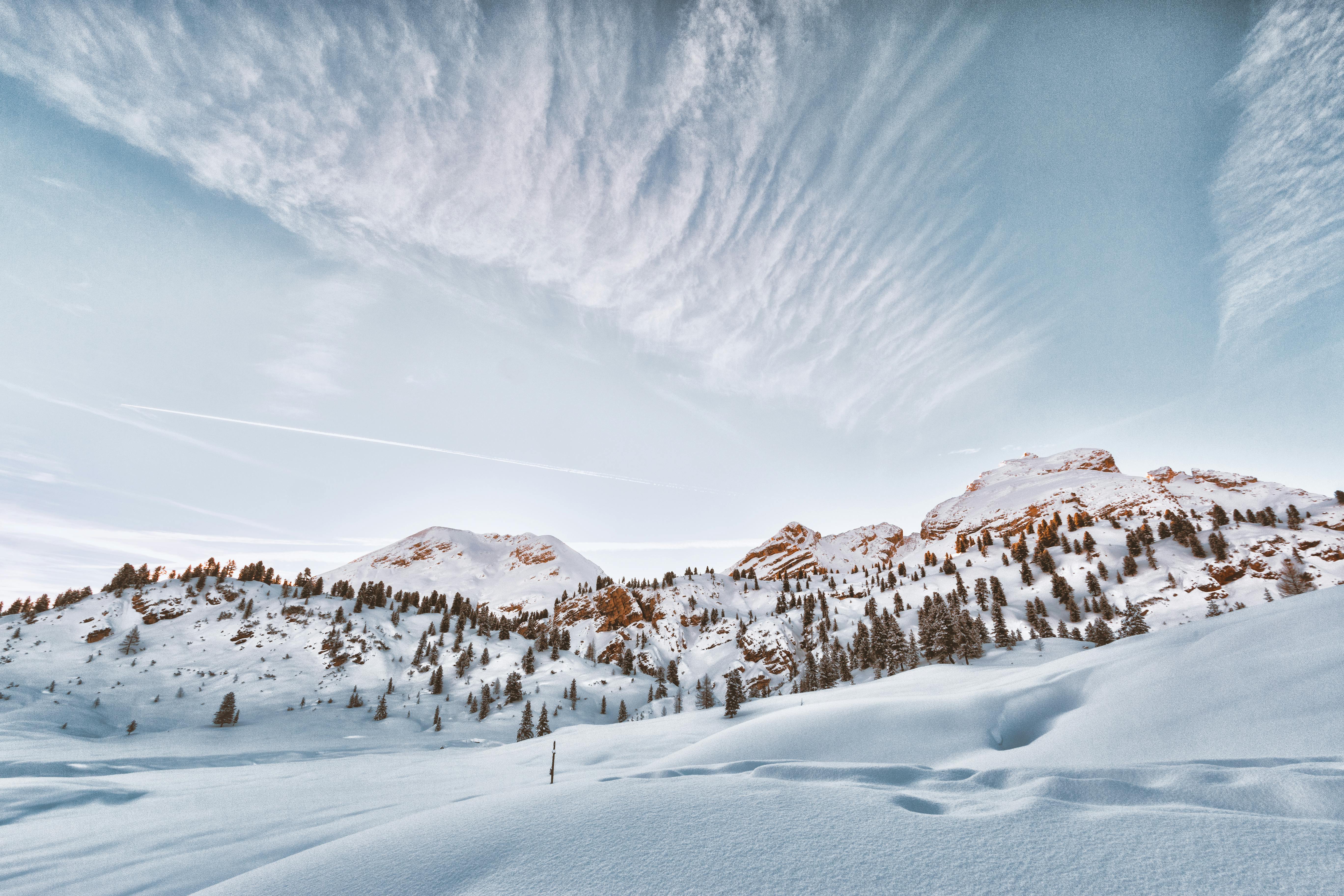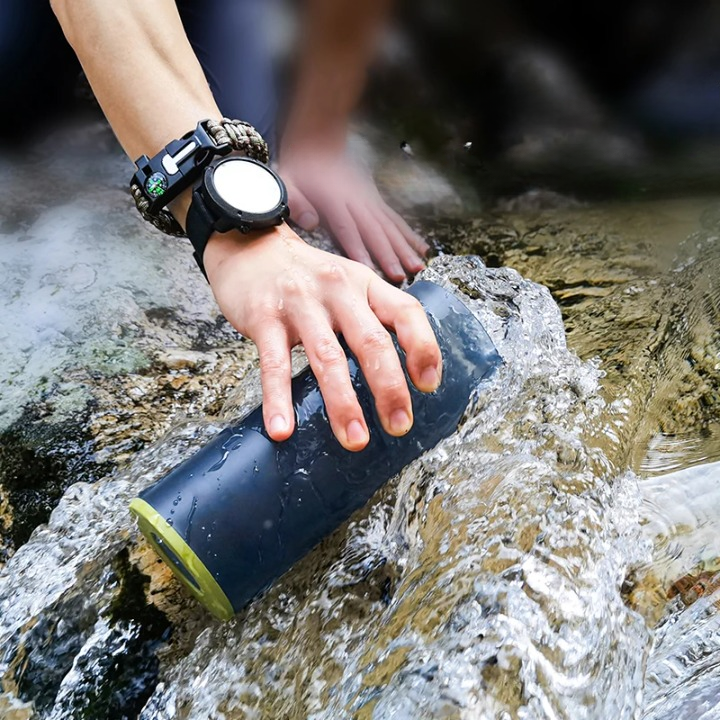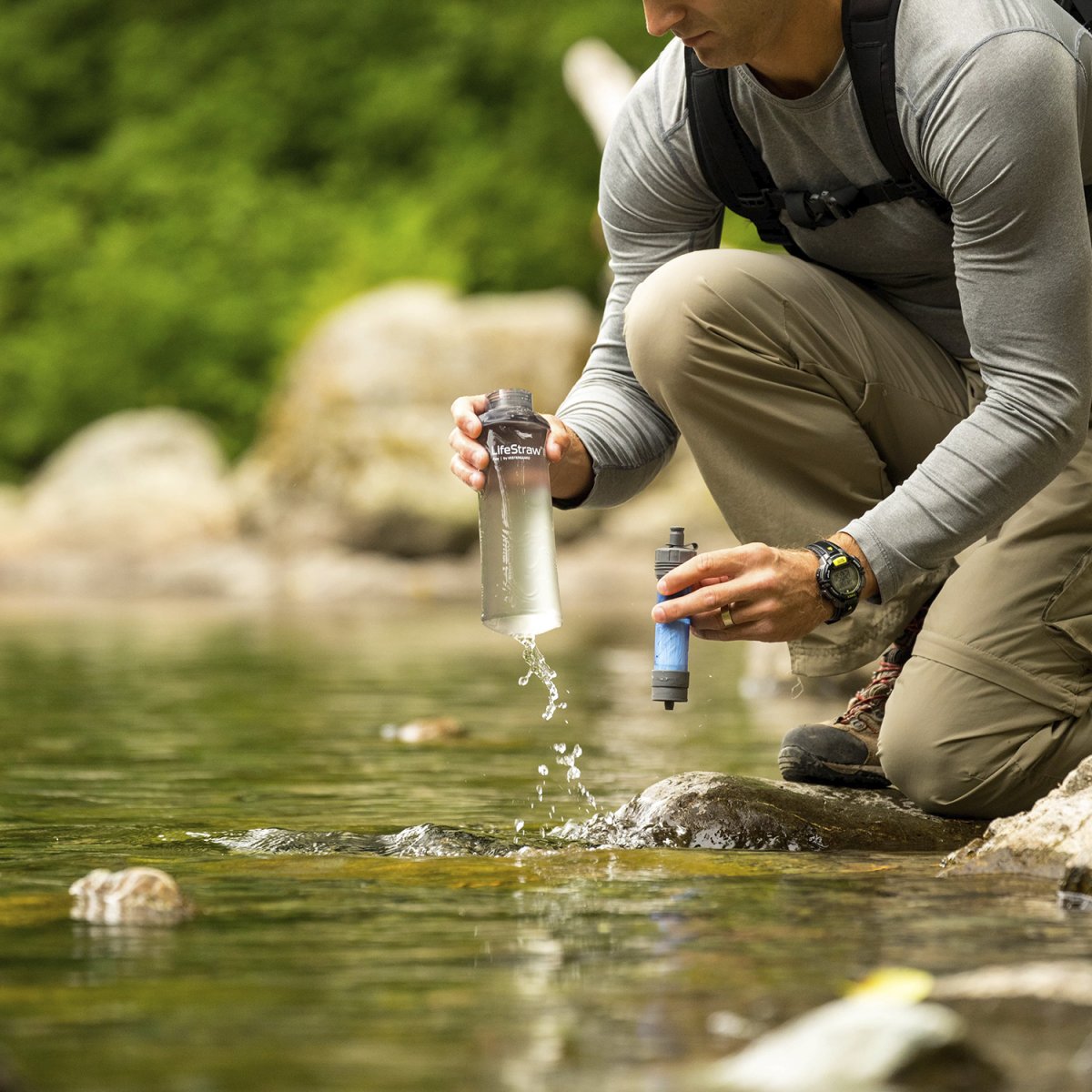Winter can be enchanting with its white landscapes and crisp air, but the cold also brings risks, especially if you find yourself in an unexpected emergency. Whether you’re camping in the wilderness, driving through a snowstorm, or taking a long hike, it’s essential to know how to protect yourself from the dangers of extreme cold. In this blog, we share practical tips for staying warm, calling for help, and surviving challenging winter conditions.
Retaining Heat: Your First Priority
Cold temperatures can quickly become a threat to your body. Hypothermia is one of the biggest dangers in the winter, so it is crucial to maintain your body heat.
- Find shelter: If you’re outside, take advantage of natural shelters like a clump of trees or a hole in the ground. No shelter? Use whatever you have with you—a tarp, a jacket, or even sticks—to create a makeshift shelter.
- Stay dry: Wet clothing draws heat from your body. Always try to have a dry layer between you and the elements.
- Layering: Dress in layers of breathable, insulating materials. A waterproof and windproof outer layer will help keep the cold out.
💡 Tip: If you don't have anything to wrap yourself in, try using dry leaves, moss, or grass to create a layer of insulation between yourself and the ground.
Sending distress signals
In an emergency, you want to get help as quickly as possible. If you don't have phone reception, there are ways to make yourself visible and audible:
- Create an SOS Sign: Use whatever you have – rocks, branches, or even footprints in the snow – to create a large SOS sign that is visible from above.
- Reflect sunlight: If you have a mirror or something shiny, like a metal surface, you can use sunlight to draw attention.
- Make noise: Whistling or even shouting in a steady pattern can lead rescuers to you.
💡 Tip: Light a fire in a safe place at night. Not only to stay warm, but also to create smoke signals or provide light that can be seen from far away.
Finding food and water
Cold temperatures can make finding food and water extra challenging, but there are ways to meet basic needs:
- Water: Melt snow or ice to obtain water, but be sure to boil it if possible to kill bacteria.
- Edible plants or insects: Under the snow you can sometimes find roots or other edible plants. Always be careful with unknown plants and only eat what you know is safe.
- Conserve Energy: If you can't find food, try to conserve your energy by not moving too much and keeping yourself warm.
💡 Caution: Do not eat snow directly. It lowers your body temperature and can do more harm than good.
Stay Safe: Additional Tips
- Keep body parts protected: Your fingers, toes, ears and nose are most susceptible to frostbite. Make sure you keep them well covered.
- Move Smart: Exercise to stay warm, but not so much that you sweat, as that will cool you down.
- Use your environment: Trees, rocks, and even snow can be used as natural windbreaks.
Your survival mentality
Surviving in extreme cold is not just about gear, it’s all about your mindset. Stay calm, rational, and use what you have to find solutions. Even the smallest tools, like a piece of rope or a sharp object, can increase your chances.
Winter emergencies are unpredictable, but with the right preparation and knowledge, you can protect yourself. Learning to survive in harsh conditions is an adventure in itself – and who knows, maybe that knowledge will come in handy someday.







Share:
Prepping 101: A Beginner's Guide for People Who Are Prepared for Any Scenario
The Rise of Emergency Packages in 2025: Being Prepared for the Unexpected